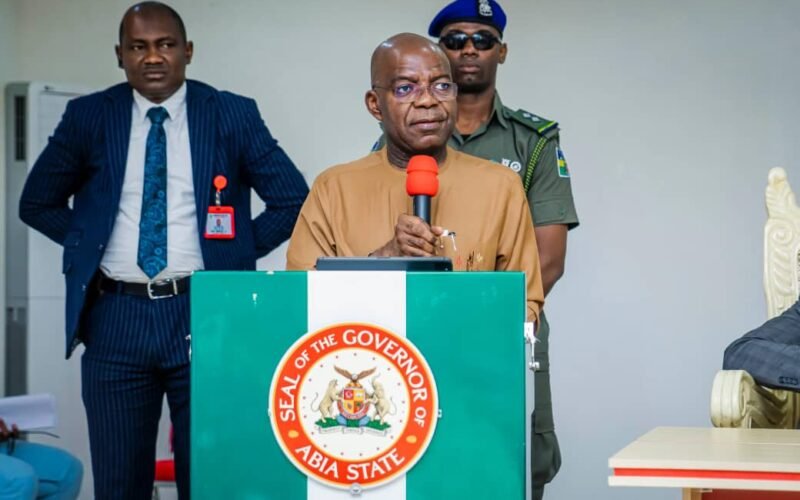Economic Outlook for 2025: Abia State’s Opportunities
Abia State’s economic outlook for 2025 is promising, driven by its strategic location in the Niger Delta region, abundant natural resources, and emerging industries. In my humble opinion, let’s look at some key sectorial assumptions in state. We must start our analysis with the sector that directly affects over 80% of the populace – Agriculture, we are all witnesses that the state has vast agricultural potential, with crops like rice, cassava, and maize being major contributors to the state’s GDP. Investment in irrigation systems and farming infrastructure will boost productivity. Abia state’s Oil and Gas opportunity is vast as crude oil and gas production contribute 39% of the state’s GDP, with Ukwa West and Ukwa East local government areas being key production hubs. In the case of Manufacturing, Aba, the commercial nerve centre of southern Nigeria, is home to numerous small-scale industries, including textile, leather, and metalworks. Infrastructure development and policy support will enhance competitiveness. Drawing from the manufacturing case study, Commerce speaks to Aba’s strategic location which facilitates trade between Nigeria and neighboring countries, making it an attractive hub for investors.
Abia State’s 2025 Economic Projections
Based on assumptions I drew up in the previous section, Abia’s GDP Growth Rate is expected to increase by 4.15% in 2025, driven by agriculture, manufacturing, and oil/gas sectors. While, I am projecting Inflation Rate to decrease to 9% in 2025, due to improved monetary policy and fiscal discipline, a clear departure from the financial recklessness of the immediate past federal administrators.In my humble opinion, Unemployment Rate in Abia state is expected to decline to a single digit level – 9% in 2025, as industries like agriculture and manufacturing create jobs. With the modest amount of $150.09 million attracted in 2023/2024, I’m confident that Foreign Investment in Abia State should rise to. $500 in 2025, focusing on agriculture, infrastructure, and manufacturing.
It would be unfair for me not to present challenges and opportunities. Such as Infrastructure Development which refers to Investing in roads, ports, and energy infrastructure that will enhance Abia State’s competitiveness and attract investors. Secondly, diversifying the economy beyond oil/gas will reduce the state’s vulnerability to global market fluctuations. Of course, Security is the single largest challenge. Therefore, ensuring security and stability will foster a conducive business environment. In terms of Human Capital Development, Investing in education and skills development will enhance productivity and innovation.

I will like to conclude with section on Abia state government Initiatives which include the Abia Economic Development Blueprint (2015-2025), a comprehensive plan to drive economic growth and development. The Abia Global Economic Advisory Council which provides strategic advice on investment promotion, economic development, and business environment.
It is heart warming that Dr Otti is intentionally addressing these challenges and leveraging opportunities, Abia State can achieve sustainable economic growth and development in 2025.
Dr Chukwuemeka Ifegwu Eke writes from the University of Abuja Nigeria.







